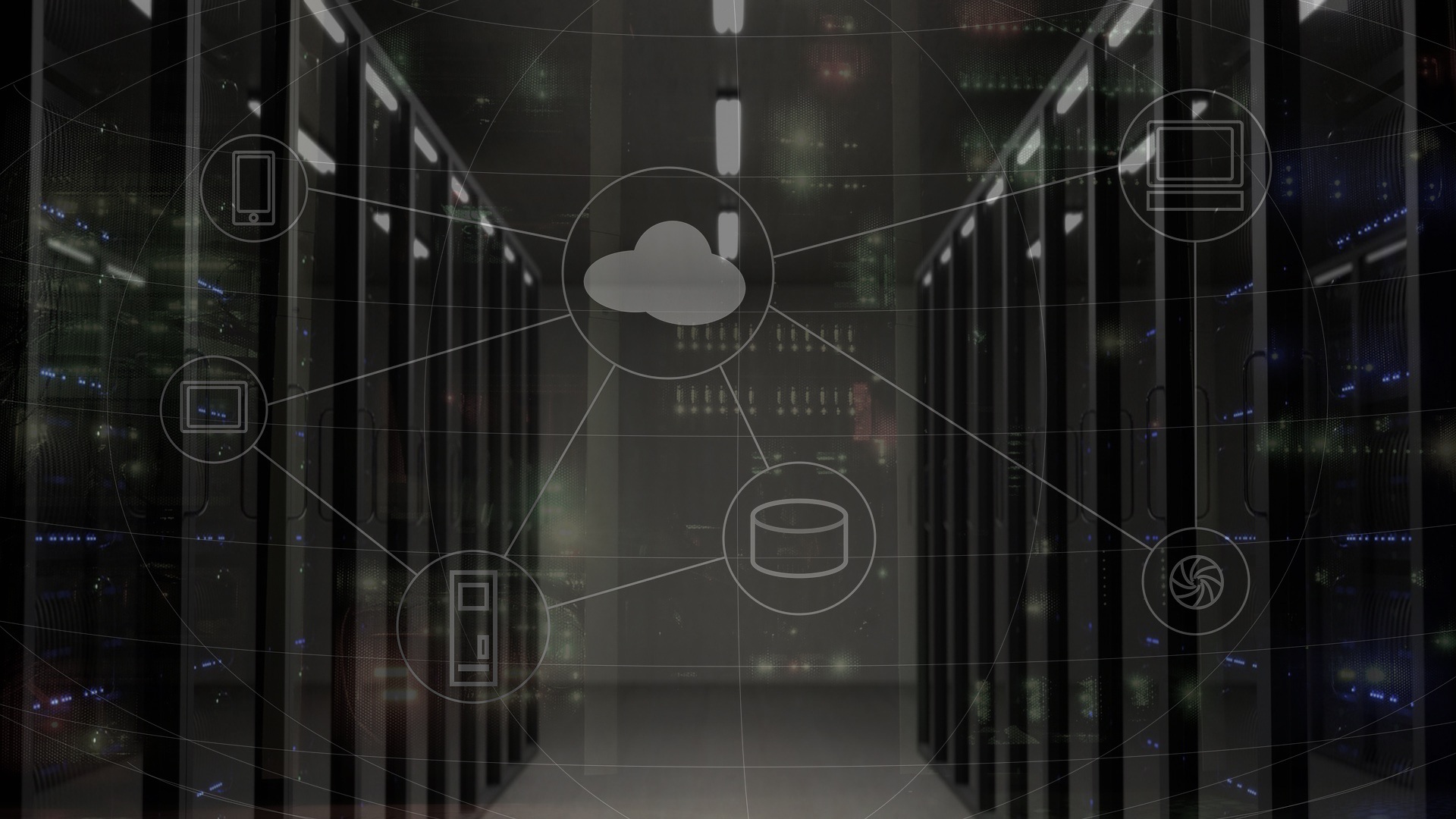How Artificial Intelligence is Revolutionizing the Manufacturing Process

The manufacturing industry is leading the way when it comes to AI. How? By integrating artificial intelligence into their processes.
There are several ways AI-derived analytics and data are being applied to the manufacturing process. From reducing unplanned downtime to the production of higher quality products, the impact is impressive.
Ready to learn about the impact of AI on this industry? If so, keep reading.
Smart Maintenance Applications
In the manufacturing industry, ongoing maintenance of machinery used on the production line is a huge expense. As such, it has a huge impact on any manufacturing company’s bottom line.
Additionally, unplanned downtime results in over $50 billion in annual losses. It’s also estimated that asset failure causes approximately 42% of this unplanned downtime.
The solution for this is predictive maintenance.
It uses AI algorithms in the form of artificial neural networks and machine learning. This creates predictions about malfunctioning assets. Over time, the technology helps to reduce expensive, unplanned downtime.
Smart Scheduling and Planning
The production line works like a well-oiled machine. If a single worker is sick, or unavailable, it can cause chaos if a replacement isn’t found.
A solution to avoid these issues, according to the creators of https://tomerlin-erp.com/job-scheduling/, is to use AI-powered scheduling software. With it, you can plan for these events, thus, reducing the disruption to the entire manufacturing process.
Improved Product Quality
Today, the time to get to market with new products is dropping steadily. What’s on the rise is the complexity of products being manufactured. Some companies find it challenging in this environment to meet expectations.
The challenge is maintaining high-quality output while complying with quality regulations and standards.
Customers also expect flawless products. This means manufacturers have to “up their game” while understanding the damage of high defect rates.
With AI algorithms in use, along with AI-based technology like “machine vision,” manufacturing teams can be made aware of flaws early. This allows them to continually collect data related to the performance and use of their products in the field.
This is powerful information for product development teams. It allows them to make both tactical and strategic engineering decisions.
The Collaboration of Robots and Humans
It’s estimated there will be more than 1.3 million industrial robots working in factories around the globe by the end of 2018. As robots take over more jobs, workers are going to be trained for more advanced positions. Their job will change from product line assembly roles to programming, maintenance, and design.
This development is dependent on advances in AI. This is what enables robots to handle cognitive tasks and to make autonomous decisions.
The Impact of AI on the Manufacturing Process
As you can see, thanks to AI, the manufacturing sector is going to be forever changed for the better. For most companies, improving their manufacturing process is a top priority, and AI is making this possible.
To learn more about how technology is impacting all industries, continue reading our blog. For example, we offer insight into 5 reasons that the future of healthcare is digital.



